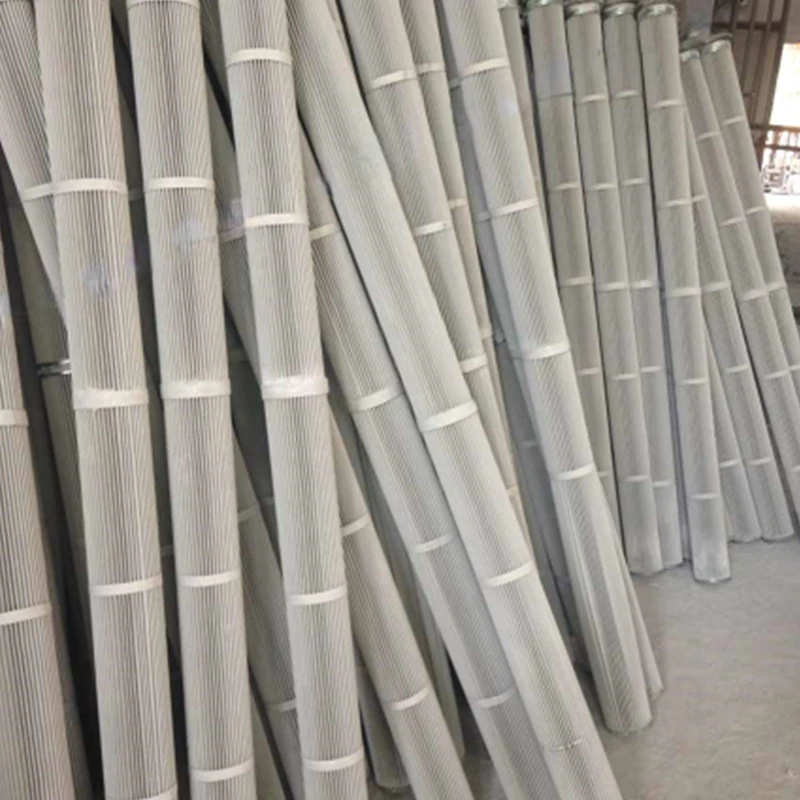 Tel:
+8618931101301
Tel:
+8618931101301
9 月 . 21, 2024 23:43 Back to list
turbine air intake filters
Understanding Turbine Air Intake Filters Importance and Functionality
Turbine air intake filters are critical components used in various turbine systems, including gas and steam turbines. These filters serve a vital function in ensuring the performance and longevity of turbines by providing clean air, free from dust, dirt, and other contaminants that can potentially harm the machinery. In this article, we will explore the importance of air intake filters in turbine operations, their types, and best practices for maintenance.
Turbines operate efficiently when they receive pure air, as impurities can significantly affect performance. Contaminants entering the turbine can lead to corrosion, abrasion, and other forms of wear and tear on vital components, which may result in costly repairs and increased downtime. By filtering out these pollutants, turbine air intake filters help maintain optimal airflow and ensure that the turbine operates under ideal conditions.
There are several types of turbine air intake filters, each designed to cater to different operational environments and specific needs. The most common types include mechanical filters, electrostatic filters, and chemical filters. Mechanical filters use physical barriers to trap particles, whereas electrostatic filters utilize electric charges to attract and capture contaminants. Chemical filters, on the other hand, employ chemical reactions to remove pollutants from the air. Depending on the operational environment, such as a dusty industrial site or a coastal area with salty air, different types of filters may be better suited to protect the turbine effectively.
turbine air intake filters

Regular maintenance of air intake filters is essential to ensure their efficiency. Clogged or dirty filters can restrict airflow, leading to reduced turbine performance and increased energy consumption. It is critical for operators to monitor the condition of their filters and replace or clean them as necessary. Some filters are reusable and can be cleaned, while others are designed for one-time use and must be replaced when they become saturated with contaminants.
Additionally, implementing a proactive maintenance schedule can help in identifying issues before they escalate into more significant problems. Regular inspections and cleaning can significantly extend the life of the filters and reduce the overall cost of turbine operation.
In conclusion, turbine air intake filters play a fundamental role in the efficiency and longevity of turbine operations. By choosing the appropriate filter type for specific environments, carrying out regular maintenance, and monitoring performance, operators can ensure that their turbines function smoothly and reliably. A well-maintained air intake system not only enhances turbine efficiency but also contributes to the overall sustainability and cost-effectiveness of energy production. As industries continue to evolve and demand more efficiency, the role of turbine air intake filters will remain pivotal in powering our future.
-
How to choose a high-efficiency air filter? Here comes a professional guideNewsOct.21,2024
-
Air filter: multi-field application, protecting fresh airNewsOct.17,2024
-
Carbon air filter: a green guard to protect air qualityNewsOct.16,2024
-
Can activated carbon completely remove indoor odors and pollutants in air purification?NewsOct.14,2024
-
How to filter air efficiently and ensure indoor air quality?NewsOct.12,2024
-
Activated carbon filter: the invisible guard of clean water lifeNewsOct.11,2024

 Email:
Email:





